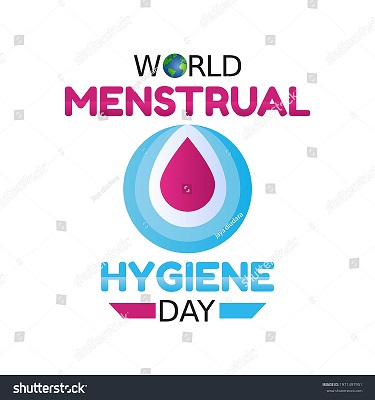
Produce reusable pads for girls
A Menstrual Hygiene Management (MHM) Ambassador and Convener of Alliance for Women in Media Africa, Mrs Shamima Muslim, has called on the government to support local companies to produce more reusable menstrual hygiene materials for women and girls.
According to her, it was important for the government to implement alternative measures if it is unable to waive the 20 per cent import tax on sanitary materials.
Advertisement
Mrs Muslim made the call at a symposium to commemorate this year’s International Menstrual Hygiene Day in Accra.
The day, which is marked every May 28, was on the theme: “We are committed to creating a Ghana where every girl and woman has access to period-friendly facilities.”
“The harsh reality of girls in areas like the Upper West Region is that they don’t have the sanitary materials. Many of them are using clothes and other materials as sanitary materials that expose them to infections.
If the government cannot waive taxes on sanitary pads then it should partner with local companies to produce reusable pads and distribute them to schools”,
Mrs Muslim explained. Mrs Muslim also stressed the need for more advocacy and education on menstruation to help debunk myths about it and teach young adolescent girls how to observe hygienic menstrual health.
She emphasised that this can only be achieved by constantly engaging traditional leaders and making media actors a part of programmes and projects.
In the address read on behalf of the Health Minister, Mr Kwaku Agyemang-Manu, the Director for Nursing and Midwifery, Mr Barnabas Yeboah, highlighted the importance to deepen the talk on gender equality, sanitation, education, and health as they marked the day.
For him, the theme was in line with the Sustainable Development (SDG) Goal 3 which ensured healthy lives and promoted wellbeing at all ages and pledged the ministry’s support to see to it that women and girls had access to menstruation facilities.
That, he said, would end urinary tract infections women and girls face as well as teen pregnancies in the country.
Other panellists at the event also expressed the need for all stakeholders to reaffirm their commitment to addressing the problems of inadequate toilet facilities and menstrual hygiene materials in schools and homes.
They were of the view that the few toilet facilities in school should be maintained to prevent them from deteriorating further. This they said would help women and girls to gain access to menstrual hygiene facilities, especially in disadvantaged communities.
The young girls who attended the event received free yazz sanitary towels donated by Lexta Ghana Limited.



